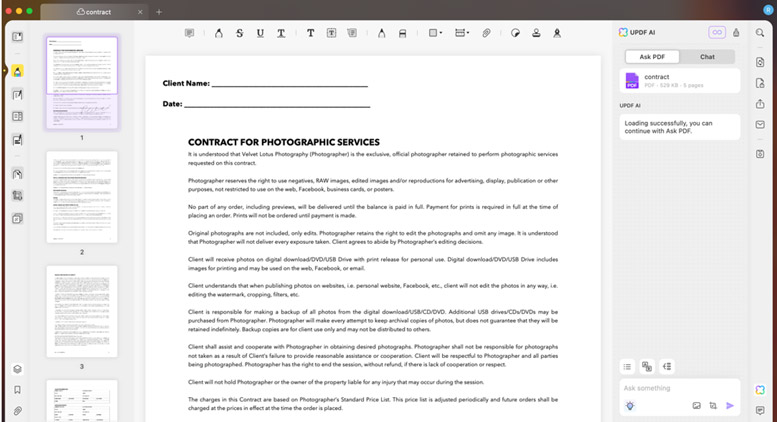Cognos boosts OLAP in next Cognos Series 7
Zero-footprint, future trend prediction lead upgrade charge
Cognos is set to unveil its Cognos Series 7 V.2 software next week, giving end-users a sleeker version of the one-year-old BI (business intelligence) product featuring increased support volume functions highlighted by new projection analysis and zero-footprint capabilities.
Enhancements to Cognos Series 7 stress an emphasis on forecasting for OLAP exploration through projection and business activity monitoring. Customers can take advantage of new browser and user interfaces to measure past performance against straight linear trend analysis, exponential type growth, and auto progression forecasting to handle seasonal data, said Michael Branchaud, director of BI product marketing for Burlington, Mass.-based Cognos.
For example, Braunchaud said event information spun from Cognos Series 7 V.2 can be used toward forecasting detailed inventory, cash flow, and human resources expectations.
In addition, Cognos has added a zero-footprint component to Series 7 for query reporting, analysis, dashboards, and scorecards which does not require downloaded plug-ins or applets and can deliver customized reports in an HTML format. A drag-and-drop navigation design provides viewing of cross-tab information and charts, as well as support, alert creating, and calculations.
The pure HTML zero-footprint visualizer should be welcomed by many customers that desire to build dashboards but are reluctant to implement Java to do so, said analyst John Hagerty, vice president at Boston-based AMR Research.
“[Cognos Series 7 v.2] really does change the game to how Cognos puts things out and how customers interact with this over the Web,” Hagerty said.
To assist corporations “swimming in data,” Braunchaud noted that Cognos’ bolstered product offers virtual PowerCubes, greater numbers of calculations, and PowerCubes that can scale to more than one billion aggregated rows of data.
Additionally, third-party OLAP support has been added for Microsoft SSAS 2000, SAP BW, IBM DB2 OLAP, and Hyperion Essbase.




